It’s only when you use the Dash’s search facility that you notice something different. And that is, besides returning results from local resources, you also get recommendations from an online resource. The online results are associated with that “a” icon on the Launcher. If you have read Amazon and Ubuntu: A match made for profit?, this article from Jono Bacon’s blog, and this one from Canonical’s official blog, you’d know that the “a” is for Amazon, the online shopping giant. And that’s the cool and controversial feature that I referred to earlier. Cool, because, from my angle, being able to shop from your operating system’s menu is awesome. Why bother to launch a browser to shop, when you can do it straight from the menu?
The controversy surrounds the sharing of data, your behavioral data, with a third party. That’s where this feature begins to lose some of its coolness. For some, yours truly included, it’s a major issue. However, if you think more about it, what’s really controversial about it? Especially if you already shop at Amazon, which a lot of people do, given Amazon’s size and scale of operation. And if you shop at Amazon, the giant probably knows more about you than Canonical does. If you have never shopped at Amazon, have no intention of doing so, and don’t like the idea of your favorite distribution sharing your data with the shopping giant, you can disable this feature.
The fact that we have to live with, is that this concept of shopping from your operating system’s menu is not going to go away. Mark Shuttleworth and crew are not the only group thinking about it. They are probably just the first distro vendor to come to market with it. They just need to figure out a way to make it palatable to users who consider it a major privacy matter.

If the online search component is disabled, this is what the search results from the Dash looks like.

The online search feature is just one of many cool and innovative aspects of the Dash. One feature which is anything but cool and innovative, is the overlay scrollbar. Matter of fact, it is annoying. More about it here and here. Like the Dash’s online search integration, the overlay scrollbar can be disabled. It can also be uninstalled.
The Software Center, the distributions graphical application manager, is, from information in the Release Notes, said to be faster loading and installing applications. And actually, it does feel that way. The upper section of the main interface is shown below.

And this, is the lower section of that interface. Software recommendation is a feature, but is disabled by default. Those who are paranoid about privacy will likely have an issue with this feature, because, when enabled, a list of applications installed on the system is sent back to Canonical.

One minor issue I observed when using the Software Center’s search feature, is shown in the next two screen shots. In the one below, when the Installed tab is in focus, searching for an application I know is installed yields nothing.

Searching for the same application when the All Software tab is in focus returns the expected application.

Out of the box, the system is set to check for updates daily, to report available security updates pronto, but other updates weekly. I like my updates as soon as they are available, so if I were a user of this distribution, this would be one of those configurations that will have to be changed.

If you have a Ubuntu One account, and you are into music, you should be happy to know that the Ubuntu One Music Store and Music Streaming Web App are now available from the Launcher. If you do not have an account, you can always create one from the application’s interface.

If you have a Ubuntu One account, the system is configured to use the storage service for backing up your data.

And, as shown in this image, you can also configure alternate backup locations and cloud storage services.


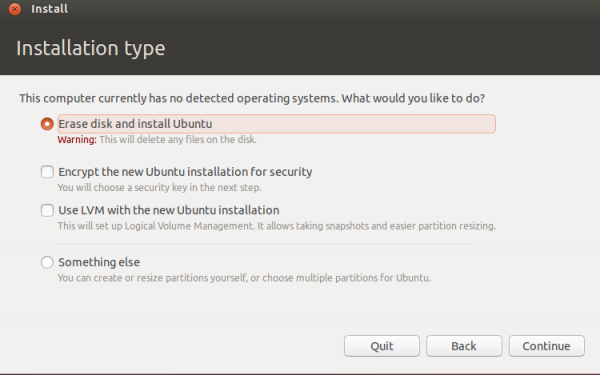
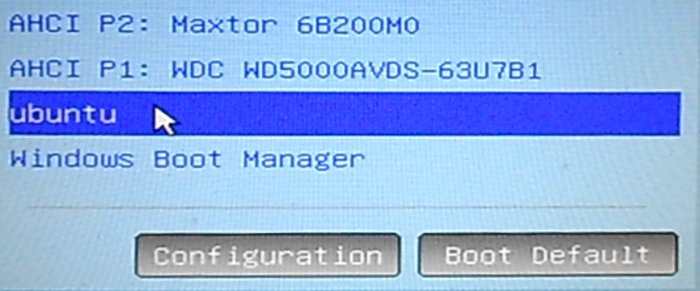
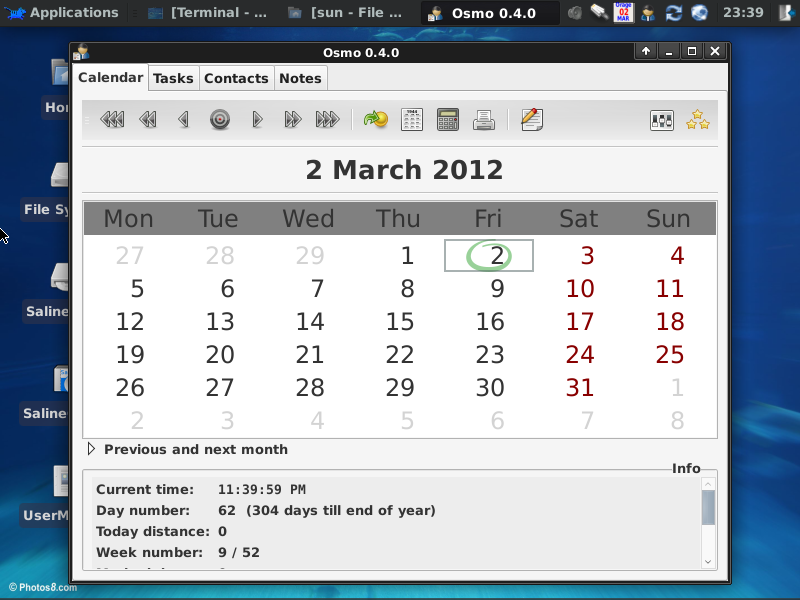
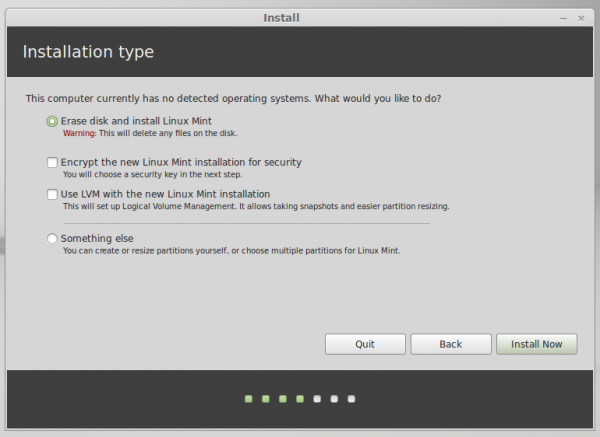
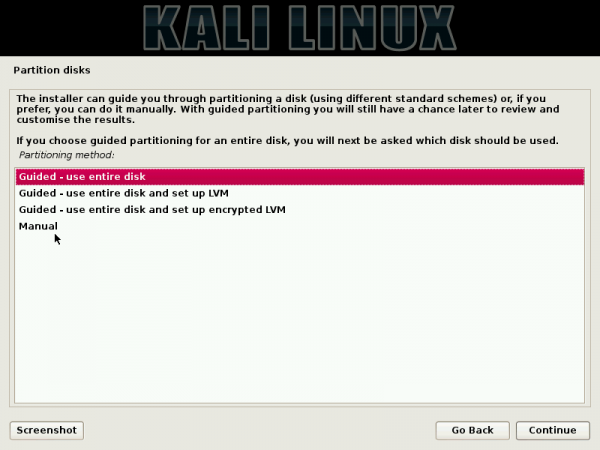


ubuntu 12.10 is the best OS i have ever used it runs fucking well, everything works only small things to fix
Im sticking with 12.04… it is quite literally the best Ubuntu ive ever used. I always planned to stick with LTS releases before but never succeeded.
This time I think I can stick with 12.04 until the next LTS.
Choice.
Btw, I’m rooting for your project.
+1
Best Ubuntu release for years. Much more stable and faster than the 12.10.
One character password?
It’s about choice. I choose Linux. I choose Ubuntu. I choose a one character password if you damn well want to. It warns me that it’s not a good password, and that’s where it shall stop. If I want a one character password, that’s my choice.
Unfortunately I had to switch back to 12.04 LTS from 12.10 which was quite buggy. Daily crash reports, skype-wrapper does not work as in 12.04 (Cannonical has changed some API) and last but not least – second update which came (new kernel and stuff around) just made my laptop unbootable. Grub displayed command prompt and there was no way to fix it – I tried to reinstall grub from live CD few times. For me it is really fail – 12.04 works like a charm so I’ll skip 12.10 and I’ll wait for next LTS.
Sticking with the LTS versions is a good option. I have installed 12.10 on another partition but for my main system I always use the LTS versions. You can use any number of PPA’s to keep software up to date on the LTS releases. I haven’t had the problems mentioned on 12.10 but that’s just me. All in all a good review.
I have had exactly the same problem, for me it was impossible to work with 12.10, I have tried 3 install but not changes only crashes after crashes , now I am back to 12,04 much faster and stable. Maybe I will try the next one on the virtual machine,
thank you friends